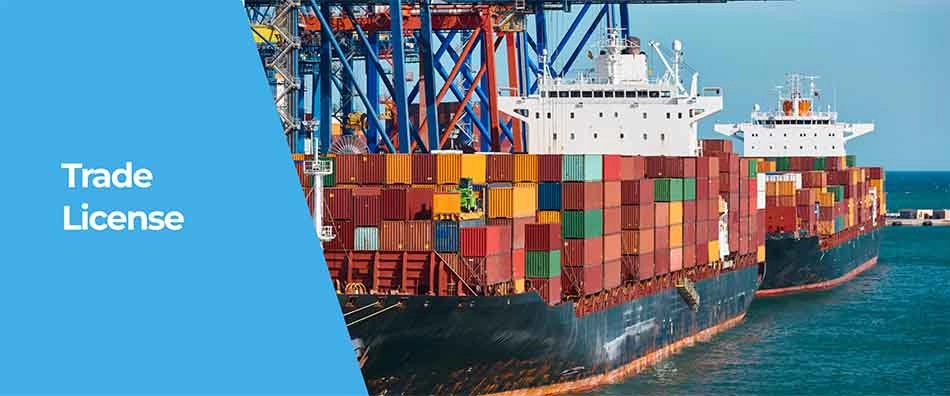Trade License Services
What Is a Trade License?
A Trade License is a legal certificate issued by the municipal corporation or local authority that grants permission to a business to operate within a particular area. It ensures that the business complies with local laws and maintains ethical practices without causing harm to individuals, property, or the environment.
The primary objective of a Trade License is to regulate trade and protect public health, safety, and the environment. It applies to all businesses, ranging from small shops to large establishments.
Types of Trade Licenses
- Shop License: For small retail outlets, cafes, or service shops.
- Industrial License: For manufacturing and industrial establishments.
- Food and Beverage License: For businesses involved in food processing, restaurants, or food delivery services.
- Professional License: For professionals like consultants, architects, and lawyers operating businesses.
- Health Trade License: For businesses related to health services, like clinics, spas, or salons.
Significance of a Trade License
- Legal Compliance: Ensures that the business adheres to local government laws.
- Trust and Credibility: Builds trust with customers by demonstrating legal operations.
- Business Legitimacy: Establishes the business as a legitimate and registered entity.
- Avoids Penalties: Protects businesses from fines, closure, or legal actions due to non-compliance.
- Regulates Trade Practices: Maintains ethical and safe business practices in the locality.
Documents Required for Trade License
- Proof of business address (utility bill, rent agreement, or property tax receipt).
- PAN card of the business or owner.
- Identity proof of the applicant (Aadhaar card, PAN card, or passport).
- Certificate of incorporation (for companies).
- No Objection Certificate (NOC) from neighbors or other authorities, if required.
- Layout plan of the business premises.
- Professional qualification certificates (if applicable).
Process of Trade License Registration
- Application Submission: Submit the application form to the local municipal authority.
- Document Upload: Provide all necessary documents for verification.
- Inspection: Authorities may inspect the business premises to ensure compliance.
- Fee Payment: Pay the prescribed application fees.
- Approval: Receive the Trade License certificate upon approval.
Eligibility for Trade License
- Type of Business: Applies to businesses that involve trade, commerce, or services.
- Premises: The business must operate in a commercial or approved location.
- Compliance: The business must adhere to local laws regarding health, safety, and environment.
Cost of Trade License Registration
- Application Fees: Vary based on the type and size of the business.
- Inspection Fees: Applicable in certain cases for industrial or health trade licenses.
- Renewal Fees: Annual fees may apply for license renewals.
- Service Charges: Consultancy fees for expert guidance, if availed.
At My Startup Solution, we provide competitive and transparent pricing for Trade License services.
How to Check Trade License Status?
- Visit the local municipal corporation's website.
- Log in using your application reference number.
- Navigate to the "Application Status" section.
- Enter the acknowledgment or reference number to check the current status.
Why Choose My Startup Solution for Trade License Services?
- Simplified Process: We handle the complex application process for you.
- Expert Guidance: Professionals with in-depth knowledge of municipal regulations.
- Timely Assistance: Ensures quick and error-free registration.
- Affordable Pricing: Transparent costs with no hidden charges.
- End-to-End Support: From application to approval and renewal, we’re with you every step of the way.
- Compliance Assurance: Full adherence to local laws and regulations.
Why Is a Trade License Important?
- Legal Requirement: Mandatory for businesses to operate legally in a specific area.
- Business Credibility: Establishes your business as a trustworthy and legitimate entity.
- Compliance Assurance: Ensures your business meets health, safety, and environmental standards.
- Avoids Penalties: Safeguards against fines, legal action, or business shutdown.
- Supports Growth: Legal operations promote seamless business expansion and partnerships.







